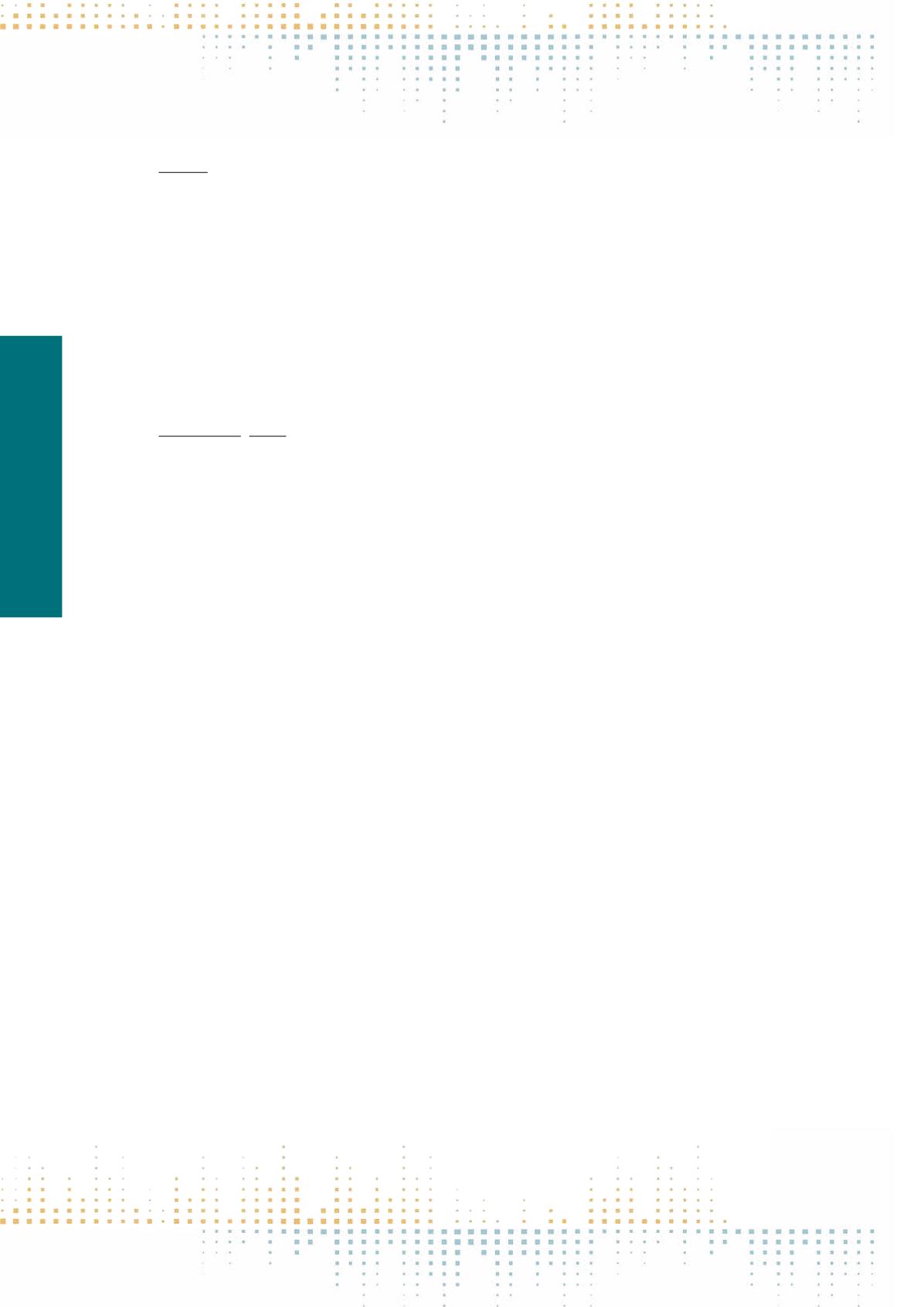

428
Thursday, November 10
1 1 : 0 0 – 1 2 : 3 0
PN 066
Czeching the Margins: The Operation(s) of Digital Music on the Global Music Border
M. Elavsky
1
1
Penn State University, College of Communications, Philadelphia, USA
This paper examines the contemporary dynamics of the Czech music industry in relation to understanding how global shifts in music distribution and
consumption patterns have impacted this small music market. As a minor and rather particular music market, the Czech context offers a unique lens for
considering a variety of variables related to this development, namely: 1) understanding the challenges for initiating global digital music services (Itunes,
Spotify, etc.) within this minor market as well as the subsequent tensions surrounding such moves in relation to contending with competitive local start-ups
(Musicjet; Mixer.cz, etc.); 2) outlining the conditions surrounding the establishment of universal digital music policies within this country; 3) illuminating
the unique audience proclivities within this realm as they pertain to IP rights and digital“piracy”tendencies, and 4) ascertaining the interindustry tensions
(mobile phone, internet, music industry, etc.) which play out daily among symbolic cultural mediators on the ground in a societal context whose delimited
music market (linguistically and culturally) is yet profoundly marked by its postcommunist transition. Utilizing a mixed -methods approach (ethnographic
insights; interviews, empirical data), this paper provides a grounded examination of these dynamics, framing the parameters and examining their meaning
to the stakeholders and music consumers in this ‘marginal’(in terms of global profits and exports) music culture.
PN 067
Distribution is Still the Key: New and Old Dynamics in the Music Industries
D. Hesmondhalgh
1
, L. Meier
1
1
University of Leeds, School of Media and Communication, Leeds, United Kingdom
A cornerstone of one version of media political economy was to see cultural distribution and the creation of audiences as the“key locus of power and profit”
in the cultural industries (Garnham 1990: 162; emphasis in original). This paper investigates how the Big Tech entrants to the music business (Google, Am‑
azon, and Apple at the core and smaller specialised streaming services such as Spotify, Pandora, Tidal, etc. at the periphery), and associated new marketing
and distribution channels/platforms/services, have disrupted or harmonised with existing power structures underpinned by the major record companies
and music publishers. We identify and discuss a number of key dynamics, including: 1) the rise of what industry analyst and commentator Mark Mulligan
has characterized as the ‘digital monopsony’; 2) the continuing importance of the star system and major hits; and 3) consumer expectations regarding
the comprehensiveness of readily available content.We examine the mutual dependence between BigTech and the cultural industries.The BigThree record‑
ing/publishing companies depend on Big Tech for access to audiences and Big Tech rely on the majors – which still boast the most economically valuable
stable of stars – in order to fill out their media catalogues. Taken together, we suggest, these dynamics are helping to shape new problems of power and
inequality in music and other cultural industries.



















